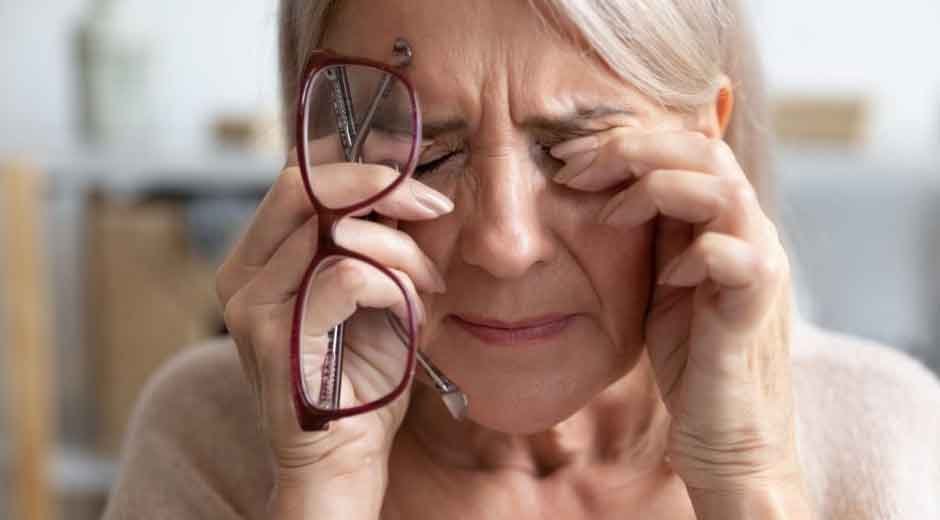Dry eyes are a frequent issue, particularly among older adults. If your eyes regularly feel itchy, fatigued, or have a burning sensation, you could be experiencing dry eye syndrome. This condition occurs when your eyes produce too few tears or when your tears fail to function properly.
But why does this happen more often as we age? Let’s take a closer look at the main reasons behind dry eyes in older adults – and what can help. Read on.
Aging and Tear Production
As we get older, our bodies change in many ways, and our eyes are no exception. The glands in our eyes that make tears, called lacrimal glands, often slow down with age. That means your eyes may not produce enough tears to stay moist and healthy.
Tears are more than just water. They protect your eyes, wash away dust, and keep your vision clear. When your eyes don’t make enough tears, they can feel dry, sore, or even blurry.
Hormonal Changes, Especially in Women
Hormones help control many body functions – including tear production. As women go through menopause, levels of important hormones like estrogen and androgens drop.
These changes can affect the amount and quality of tears. This is why postmenopausal women are more likely to experience dry eyes than men of the same age.
Medications and Health Conditions
Many older adults take medications every day. Some of these medicines can reduce how many of tears your eyes make. Common examples include:
- Antihistamines (for allergies)
- Blood pressure drugs like beta-blockers
- Diuretics (water pills)
- Antidepressants
Also, some long-term health problems, such as diabetes, arthritis, thyroid disorders, or Sjögren’s syndrome, can lead to dry eyes. These diseases may cause inflammation or directly affect your tear glands.
Your Environment Matters
Over time, your eyes are exposed to things like wind, dry air, smoke, and even screens. These can dry out your eyes, especially if you spend lots of time indoors with heaters or air conditioning. As we age, our eyes may become less able to handle these things, making dry eyes worse.
What Can Help?
The good news is, there are many ways to treat and manage dry eyes:
- Use artificial tears or over-the-counter eye drops
- Take regular breaks from screens
- Use a humidifier to add moisture to the air
- Wear sunglasses outside to protect your eyes from the wind and the sun
- Stay hydrated by drinking plenty of water
If these don’t help, an eye doctor might recommend prescription drops or other treatments like punctal plugs, which help your eyes keep more of their natural tears. Visiting some of the best facilities can help in addressing these issues. This is because some of them offer free medical advice, such as answering questions like ‘can dry eyes cause pain.
Preventing Dry Eyes as You Grow Old
Dry eyes are more common as we get older, but they don’t have to be something you live with every day. Understanding the causes – like aging, hormones, and medications – can help you find the right solution.
If your eyes feel dry often, talk to an eye care professional. With the right care, you can keep your eyes comfortable and healthy for years to come.
If you want to read more articles, visit our blog.











